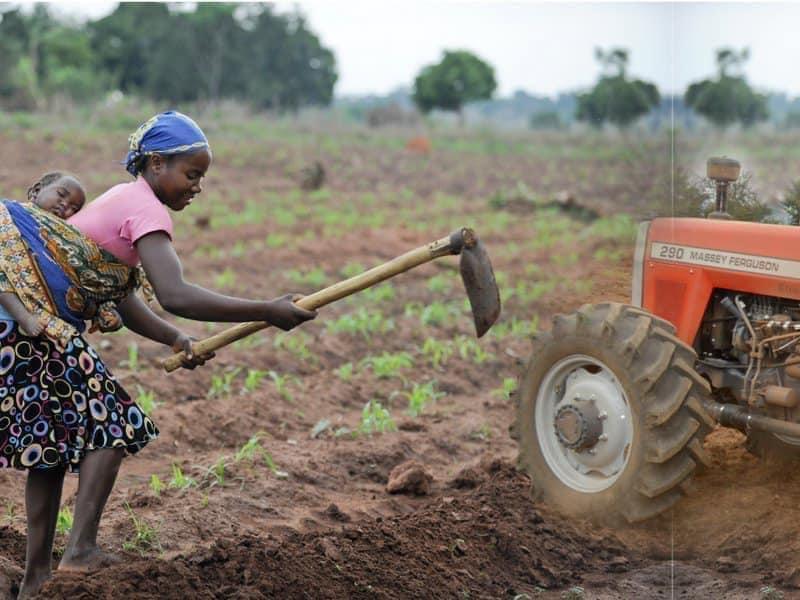Kanchibiya Constituency Member of Parliament Sunday Chilufya Chanda says there is need to migrate the rural farmer from the use of a hoe to a tractor if agriculture is to make business sense. He has since called for partnerships between government and stakeholders in the agriculture sector on one hand and rural-based agriculture cooperatives on the other.
Speaking in an interview, Mr Chanda says he believes agriculture cooperatives in rural areas hold the key to unlocking the full potential of areas like Kanchibiya District and many others across the country.
“We must go beyond issuing certificates to cooperatives at the point of registration to building capacity, supporting them with mechanisation and linking them to market opportunities for their produce within Zambia and beyond. Once our roads and bridges have been attended to, under CDF, local government and rural development as well as ministry of infrastructure, housing and urban development, Kanchibiya should be able to contribute significantly to the country’s gross domestic product through agriculture and related industries”, he said.
The Kanchibiya lawmaker is hopeful that his District will benefit from Government’s national feeder road rehabilitation programme under the ministry of local government and rural development.
“Kanchibiya District presents about three different terrains and with requisite infrastructure, there is no limit to what can come out of the area. For example, companies like Yalelo can take advantage of our water bodies to invest in aquaculture and related industries targeting the local and regional market but we have to get the fish species right – one reason why I am advocating for Government to lift the 11 years old discriminatory and restrictive policy on niloticus tilapia. Players in the industry do not need to move their fish from down South to up north – revisiting that ban will result in investment in Kanchibiya’s water bodies which will make economic sense,” Mr Chanda has observed.
Hon Chanda has stated that Kanchibiya aspires to become an agriculture hub and as such they have set their eyes on strengthening farming cooperatives in Kanchibiya District by supplying them with inputs for agricultural production, including seeds, fertilizers, fuel, and machinery services and supported by value addition and market linkages.
“We are calling on Government and other stakeholders including commercial industries supporting the agriculture sector to come on board and support what we are working on in Kanchibiya District. We are passionate about Cooperatives because they assist in helping farmers to remain competitive in a number of ways. We are aware that individually, a farmer has little influencing power, but when bonded together, united by a single purpose, a cooperative has the ability to increase the market price for farm products, add value to farm services, and improve the quality of services purchased by the farmer,” he said.
Mr Chanda further called on Government to prioritise agricultural mechanisation for rural areas observing that agriculture mechanisation is a major agricultural input and a catalyst for rural development in areas like Kanchibiya.
Mr Chanda says focusing on agricultural cooperatives in rural areas will lead to high-quality farm products or supplies are available with benefits accruing to the cooperatives, their members and communities at large. So we are calling on Government to prioritise support towards cooperatives to produce and set up local industries.








































